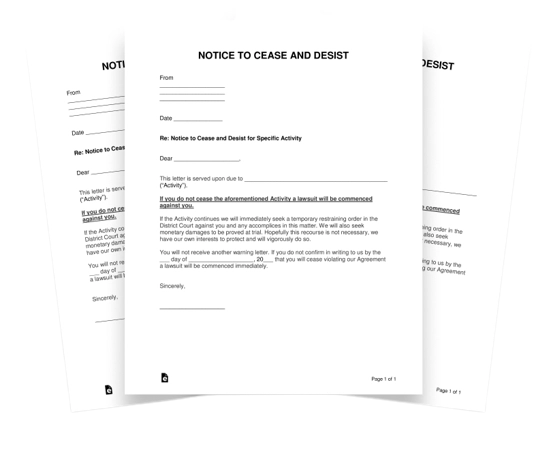Website Term And Conditions
Blog article on the terms and conditions for using our website.

Download a Free Website Term And Conditions template
Created and approved by the experts at CMI Group for your use.
Welcome to our blog article on the terms and conditions for using our website. You may have heard the phrase “terms and conditions” before as a website owner, but do you understand what it means and why it matters? In this article, we’ll give you a thorough overview of website terms and conditions and explain why they’re so important for safeguarding both your website and its visitors. We’ll also offer helpful hints and best practices for creating carefully crafted terms and conditions that are catered to the demands of your website. This post will offer helpful insights and practical advice for developing successful website terms and conditions, whether you’re an experienced website owner or just getting started. So let’s get going!
Get a Website Term and Conditions template created by CMI’s expert Lawyers.
What Are Website's Terms & Conditions?
Terms and conditions for using a website, also known as “terms of service” or “terms of use,” are a collection of regulations that apply to how a website is to be used. They outline the obligations of the website proprietor and its users and serve to avert misunderstandings and disputes.
So, what are some common clauses that you might find in a website’s terms and conditions?
Here are a few examples:
Although website terms and conditions may seem like a dull and tiresome subject, they are an essential part of any website. In actuality, there are a number of factors why website owners should give their terms and conditions a lot of consideration.
Website terms and conditions give website owners legal security. Terms and conditions can reduce a website owner's liability in the event that something goes wrong by outlining the requirements and standards for using a website. The website owner can use the terms and conditions as proof to defend themselves in court, for instance, if a user violates the terms and conditions by posting illegal content or participating in fraudulent activity.
Furthermore, website terms and conditions aid in establishing standards for visitors. Website owners can make sure that users are aware of what is anticipated of them when using the site by outlining the rules for user conduct, content submission, and data collection. This can clear up any misunderstandings and avoid confusion that could otherwise result in arguments or complaints.
Thirdly, terms and conditions for websites can offer a framework for resolving disputes between website proprietors and visitors. Website owners can save money and time by including provisions for conflict resolution, such as arbitration or mediation. The repercussions for breaking the website's rules can also be described in the terms and conditions, which can serve as a deterrent for inappropriate behavior
The terms and conditions of websites can also contribute to user confidence. Website owners can demonstrate that they care about their users' worries by offering clear and transparent policies on subjects like data privacy and security. The connection between website owners and users may be improved as a result, increasing user loyalty and engagement.
In short, website terms and conditions are an important part of any website because they offer legal protection, establish user expectations, allow for dispute resolution, and foster confidence. It is crucial for website owners to take the time to create carefully curated terms and conditions that are customized to their website's particular requirements. By doing this, you can safeguard both yourself and your users while laying the groundwork for a thriving website.
Free 15-minute consultation for Website Term and Conditions with our experienced lawyers.
The Dos And Don'ts Of Writing Website Terms And Conditions
Do:
- Avoid using legal jargon or excessively complex language that users might not understand. Instead, be clear and concise. Make use of plain, understandable language that is available to all people.
- Cover all important topics: The terms and conditions of your website should address all pertinent issues, such as user behavior, data privacy, intellectual property, and conflict resolution.
- Make your terms and conditions visible: Make sure users can quickly find your terms and conditions by prominently displaying them on your website. This may entail including a link to the terms and conditions in the bottom of the website or requesting user consent before granting access to particular areas of your website.
- Be transparent: Be transparent about your policies and practices, including how you collect and use user data, and how you respond to user complaints or inquiries.
Don't:
- Copy and paste from other websites: It's best to refrain from duplicating terms and conditions from other websites because doing so could get you into legal trouble if the content is inaccurate or irrelevant for your website.
- Use overly restrictive language: Avoid using language that is too restrictive or oppressive towards users, as this may discourage them from using your website.
- Ignore legal requirements: Make sure that your terms and conditions comply with all applicable laws and regulations, including data protection and consumer protection laws.
- Assume users will read your terms and conditions: While having well-written terms and conditions is essential, it's also crucial to be aware that many users might not read them all the way through. Therefore, it's crucial to give people a concise overview of your terms and conditions in a manner that is simple to comprehend.
How To Craft A Well-Curated Terms And Conditions
The creation of carefully thought-out terms and conditions is an essential component of website proprietorship. Terms and conditions set expectations for your users as well as protecting your company. The requirements of your company and users must be carefully taken into account when drafting a set of terms and conditions. Here are some pointers for creating carefully thought-out terms and conditions:






